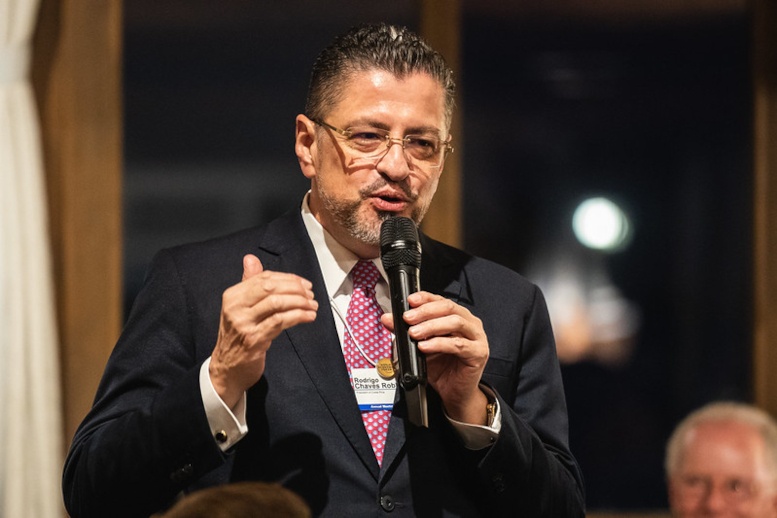Hemp farming and production licenses will be inexpensive and widely available in Costa Rica, according to regulations that have been approved by the government.
Cultivation and commercial licenses, renewable every six years, will be granted to farmers and other supply chain operators under the new rules, which were approved by President Rodrigo Chaves Robles and agriculture and health officials last week, according to a release from the Ministry of Agriculture and Livestock (MAG).
Costa Rica’s rules set the limit for THC in hemp at a full 1.0%, meaning CBD production in the country will be more efficient because CBD rises in hemp plants in proportion to THC. Most countries around the world follow a generally accepted limit of 0.3% THC as a legal barrier, but some Latin American and Asian countries are adopting the 1.0% threshold as the dividing line between hemp and marijuana.
Scope of rules
Individuals and legal entities are authorized to grow and process hemp, according to the framework, which sets down and centralizes specific rules for post-harvesting, storing, transporting, product manufacturing, marketing, importing and export of health, food and industrial products.
MAG will control licensing for the import and reproduction of cultivation seeds with the Costa Rican Social Security Fund (CRSS), which is responsible for most of the country’s public health sector, or authorized laboratories or other entities. Those licenses are only available to organizations such as cantonal agricultural centers, associations of small and medium producers, cooperatives and indigenous development associations, MAG said.
All other licensing for hemp is under the Directorate of Agricultural Extension of MAG.
‘Very simple regulations’
“It is a very simple regulation,” Chaves said. “The licenses are not going to cost more than a symbolic amount and whoever wants and can comply with the law, will be able to plant (hemp) and will have the possibility of processing it.”
Hemp advocates in Costa Rica say establishing a robust hemp sector can spark development of agricultural value chains by bringing economic and social opportunities to the country’s rural areas, and contribute to the growth of the pharmaceutical industry.
The President said his office is preparing a law on the rules, aiming to present it to the Legislative Assembly no later than Nov. 1. The rules will then enter into force after publication in the official government gazette.
The Costa Rican government has also confirmed it is preparing a bill to legalize recreational marijuana.
Read the full article here









